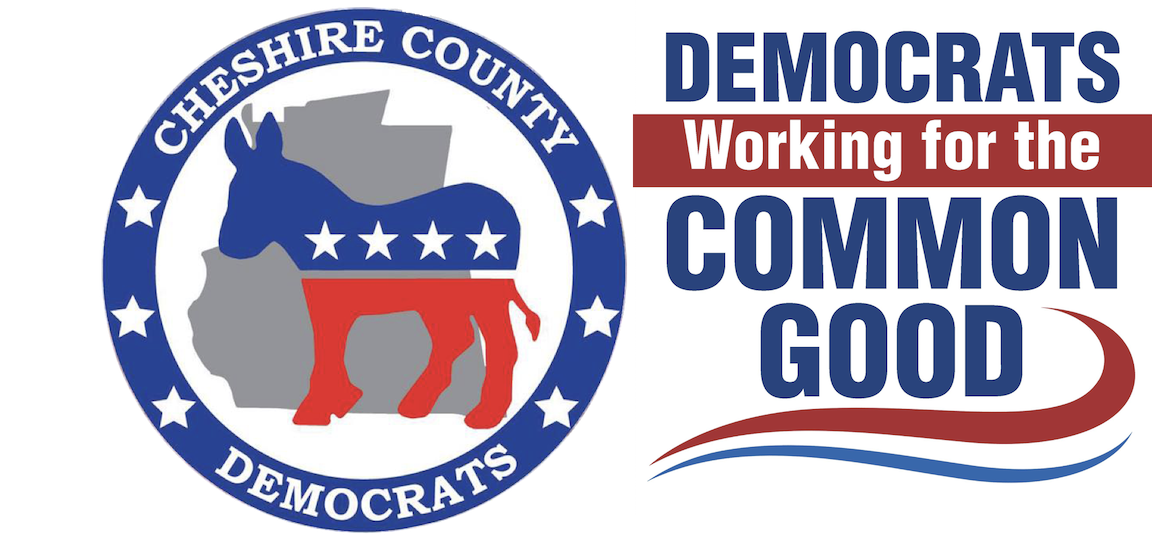Legislative Update
Good news – the Senate has retained the food stamp bill that would have disqualified over 17,000 families, so it won’t be enacted this year. It could come up again next year, we’ll see.
In other news, here’s what the House voted on the last couple of weeks:
1. Passed a bill enabling towns to restrict water use from public water systems or private wells for outdoor lawn watering under a declared drought. Exemptions may be granted.
2. Passed dairy farm relief, a one-time payment due to the recent drought that brought high prices for feed. Some farms have gone out of business and others have sold off many of their calves because they couldn’t afford to feed them. The bill goes on to the Finance committee and eventually the senate.
3. Passed additional education adequate education funds for 24 towns that weren’t sufficiently funded for the students they have who qualify.
4. Tabled the education freedom savings accounts for children with disabilities. There were several problems with this bill that need to be fixed.
5. Passed a bill that establishes a veterans track within the court system “to provide the flexibility needed to deal with problems exacerbated by military service, like PTSD.”
Committees are now working on senate bills and we will start voting on them next week. Two of the bills in my committee deal with energy.
SB 128 modifies the electric utility restructuring policy setup. Its prime sponsor feels it will help reduce electric rates while also making it clear that ratepayers shall not purchase “natural gas supply or capacity,… or the recovery of the cost of building new infrastructure.” While I agree with that part – because we shouldn’t be starting more stranded costs on our bills – I will probably vote against this bill. For one thing, Eversource is in the middle of selling off its remaining power plants and this bill would confuse things, allowing it to buy into Northern Pass at the same time it’s being told to divest itself of generating plants. Also, as one energy company testified, the market is working in bringing down the wholesale price of the energy itself. It would be better to focus on the part of the bill that is rapidly increasing: transmission. Several people said we should at least take more time to study this before passing this bill.
SB 129, of which I’m a co-sponsor, requires part of the Renewable Energy Fund to benefit low-to- moderate income residential customers for things like community solar projects in manufactured housing communities or multi-family rental housing. I’m in favor of this because it would make it possible for more people to take advantage of solar power, which has become less expensive but is still out of reach for many people.

